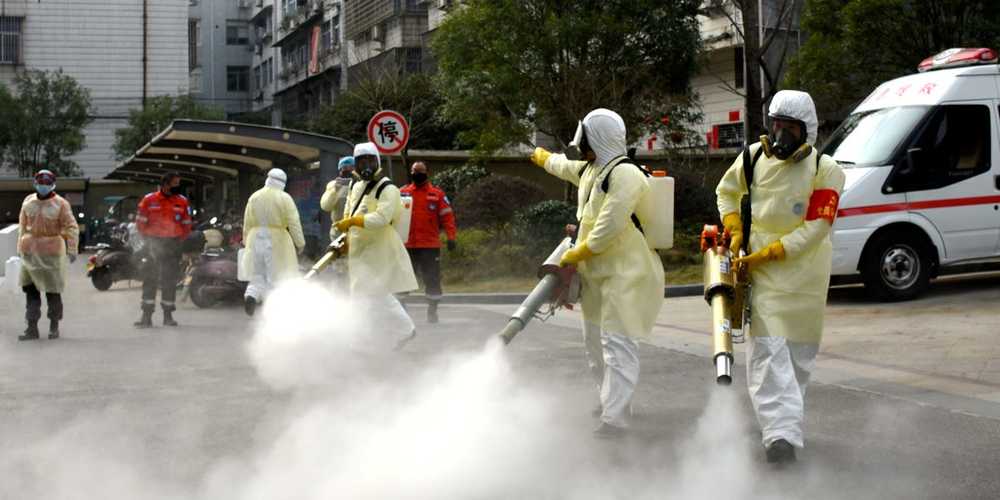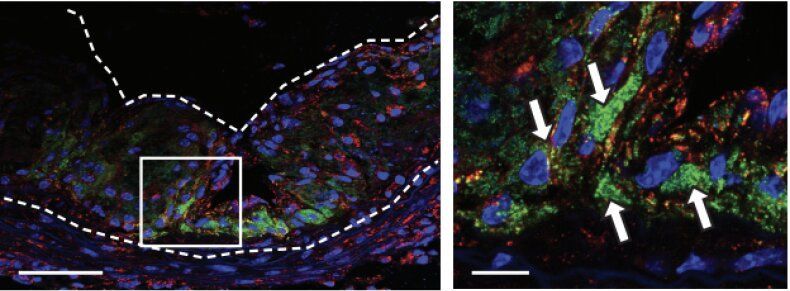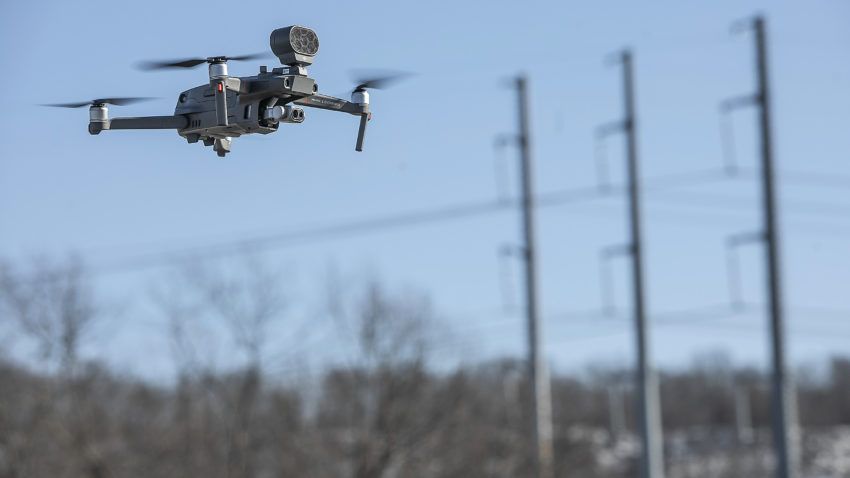Choice is the one thing our creators gave us. Me, personally I prefer hemp, and not just because I smoke the female version for medicinal reasons, but because scientifically it makes sense, and can help unscrew #AmericanFarmers…Yes we need more forests, not less. However, we don’t need to use trees, when we have hemp. Pembient can 3D Print ivory, thus making animal Ivory obsolete, yet people still kill for Ivory. We can make wood products from hemp, yet we still fell trees. #HowDumbAreWe
Eco-Friendly Our hemp is grown using sustainable methods, which helps eliminate deforestation.
Made in the USA All hemp growth and material production is conducted in the United States of America.
Multiple Uses HempWood can.







